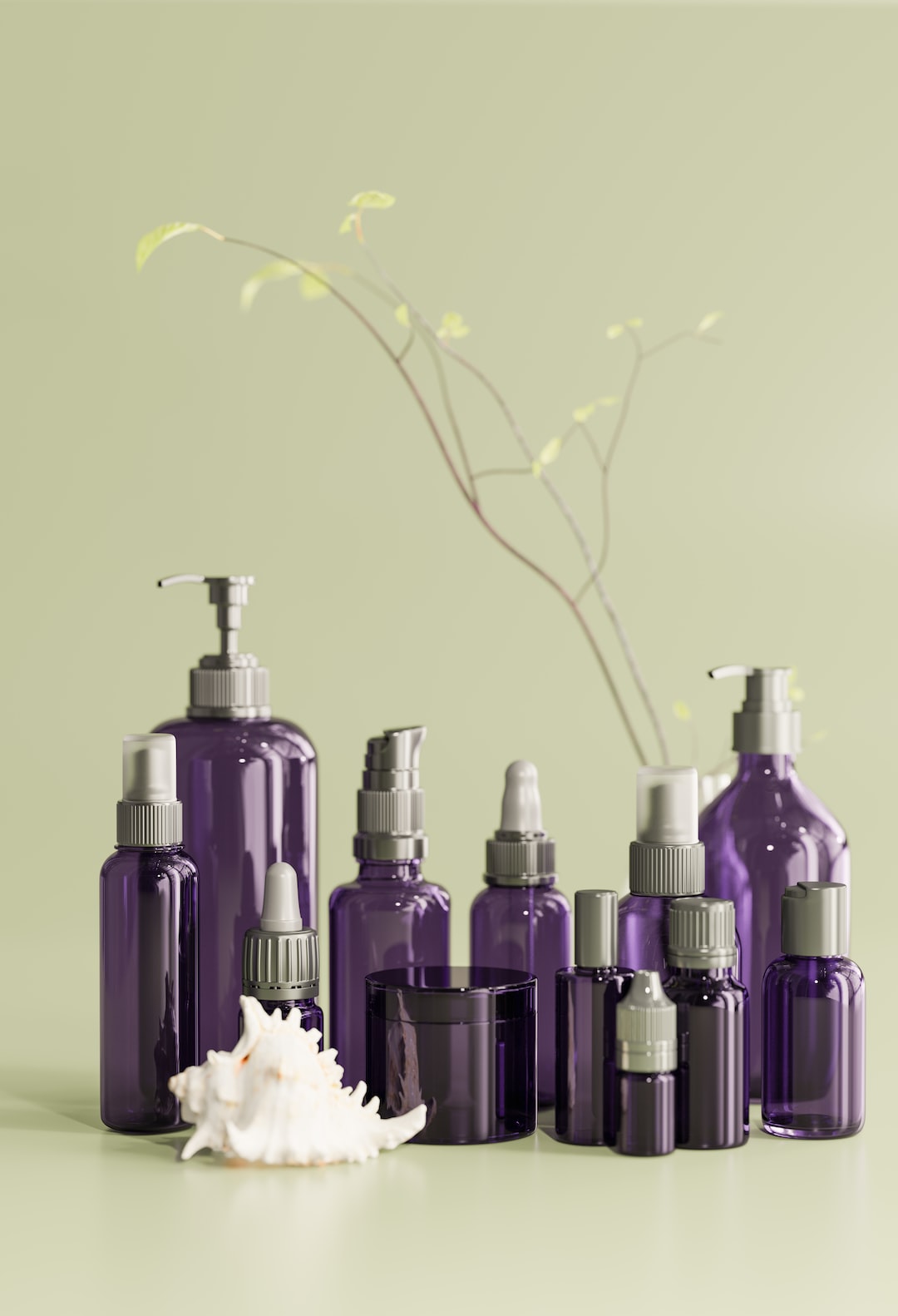The Effectiveness of Retinol in Skincare: Benefits and Recommendations
When it comes to skincare, there are countless products on the market promising younger, smoother, and more radiant skin. One ingredient that has gained significant attention in recent years is retinol. Retinol, a form of vitamin A, has been touted as a miracle ingredient for its ability to improve the overall health and appearance of the skin. In this blog post, we will explore the effectiveness of retinol in skincare, its benefits, and some recommendations for incorporating it into your skincare routine.
Retinol and its various derivatives, such as retinoids and retinyl palmitate, are widely used in skincare products due to their proven effectiveness. Retinol works by increasing the production of collagen, a protein that gives the skin its structure and elasticity. As we age, collagen production slows down, leading to visible signs of aging such as wrinkles, fine lines, and sagging skin. By boosting collagen production, retinol can help combat these signs of aging and promote a more youthful complexion.
One of the key benefits of retinol is its ability to accelerate cell turnover. It works by gently exfoliating the skin, removing dead skin cells and promoting the growth of new, healthy cells. This can lead to a smoother, brighter complexion and a reduction in the appearance of acne scars and sun damage. It can also help unclog pores, reducing the likelihood of breakouts and promoting clearer, healthier skin.
In addition to its anti-aging properties, retinol is also effective in treating acne. It works by reducing the production of sebum, the oily substance that can clog pores and lead to breakouts. By regulating sebum production, retinol helps prevent the formation of acne and reduces inflammation associated with existing breakouts. This makes it an excellent option for those struggling with acne-prone skin.
When it comes to incorporating retinol into your skincare routine, it is important to start slow and gradually build up to higher concentrations. Retinol can be irritating to the skin, especially for those with sensitive skin, so it is crucial to allow your skin to adapt to the product. Begin by using a low concentration retinol product a few nights a week and gradually increase frequency and concentration over time. This will minimize the chances of experiencing redness, dryness, or irritation.
It is also important to note that retinol increases the skin’s sensitivity to the sun. Therefore, it is essential to use a broad-spectrum sunscreen with at least SPF 30 during the day while using retinol products. This will protect the skin from harmful UVA and UVB rays and prevent any further sun damage or hyperpigmentation.
When selecting a retinol product, it is crucial to choose a trusted brand with stable formulations. Retinol can be unstable and lose its potency when exposed to air and light. Look for products that come in opaque, airtight packaging, or in pump form to ensure the retinol remains effective.
If you have sensitive skin or are new to retinol, it may be beneficial to start with a moisturizer or serum that combines retinol with other soothing ingredients such as hyaluronic acid or niacinamide. These can help mitigate any potential irritation while still reaping the benefits of retinol.
In conclusion, retinol is an incredibly effective ingredient in skincare due to its ability to boost collagen production, accelerate cell turnover, and regulate sebum production. It can improve the overall texture and appearance of the skin, reduce the signs of aging, and help treat acne. However, it is crucial to introduce retinol gradually and use sunscreen daily to avoid potential side effects. By incorporating retinol into your skincare routine, you can achieve a healthier, more youthful complexion.

